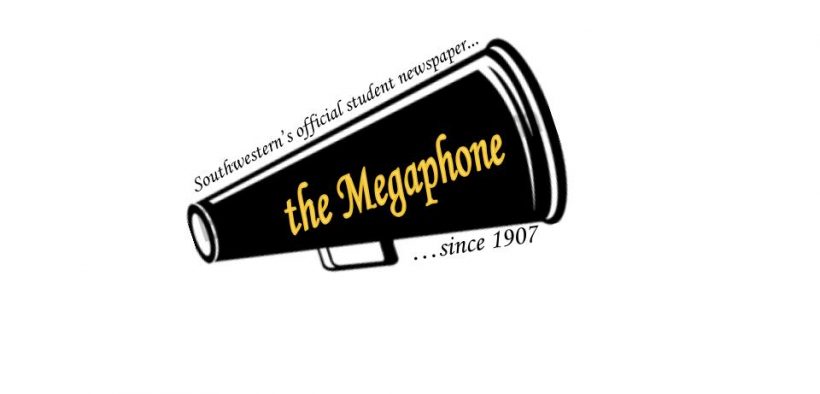Letter to the Editor: Response to December Edition’s Cultural Appropriation Spread
Share

Sent to the editors under the pseudonym Whatthewha t
Morality is such a fickle thing to discuss, at times; on one hand, we designate that certain actions are morally intolerable simply because they are actions of a particular and heinous variety, with murder and other such trauma-inducing events being the head of that list. And then (hypocritically, of course) we turn around and qualify morality as something that somehow serves the majority, serves, in other words, an interpretation of the world that is reliant upon seeing individuals as nothing more than a series of numbers for whom the options are to be ‘saved’ or ‘not saved’; a most dehumanizing morality, in other words.
And so it is that I come to confront the article concerning Cultural Appropriation, where words such as ‘Morality’ and ‘Civilized’ are frequently used by both sides to lend a rhetorical weight to their argument, without a moment’s pause to consider which morality or civilization we’re discussing here. It irks me to see individuals casting shade upon one another with a poorly defined vocabulary with words that were, at best, borrowed.
And so it is that, rather than trying to take action immediately, as so many are wont to do, we must begin with asking questions; what, exactly, is cultural appropriation? Where cultures meet each other, at the fringes of both societies, words are swapped from culture to culture; is this, too, cultural appropriation? Is something still cultural appropriation if it was adopted decades ago, such as blues (which would seed the eventual growth of rock, jazz, and certain aspects of country music)? Hundreds (particular roman sculptures had, for example, cornrows)? Thousands of years (ancient Egyptian sculpting to the early classical period of Greek sculpting, for example)?
Of course, lest I seem too harsh on the author of the anti-‘cultural appropriation perspective’, I feel it’s appropriate to ask the proponent of the opposition similar questions, namely, why is it that when confronted with individuals whom (if Hanlon’s razor holds true) may have been acting in what they believed was a morally justifiable act to shout down what they perceived to be racist rhetoric, you immediately designated such individuals as sub-human beings? You even call such individuals uncivilized, animalistic, deluded and insane; considering we live in an era where an ostensibly ‘civilized’ (insofar as he wears a suit, at least) individual (who, for the purposes of this argument, shall remain nameless) propose the permanent surveillance of particular people of a particular faith, those are some serious accusations to level. That immorality can just as easily be cloaked in ‘civilized’ and ‘sane’ rhetoric may imply it’s inverse; does an individual whom you see as insane and uncivilized have to be incorrect in their base assumptions, or is it possible that despite (or perhaps because) of your ‘civilized’ upbringing, you don’t see the issues that plague those that are deemed ‘uncivilized’?
Of course, all that being said, I’d prefer it if everyone could just get along with each other; it’d make determining what the heck morality is significantly more simple.
